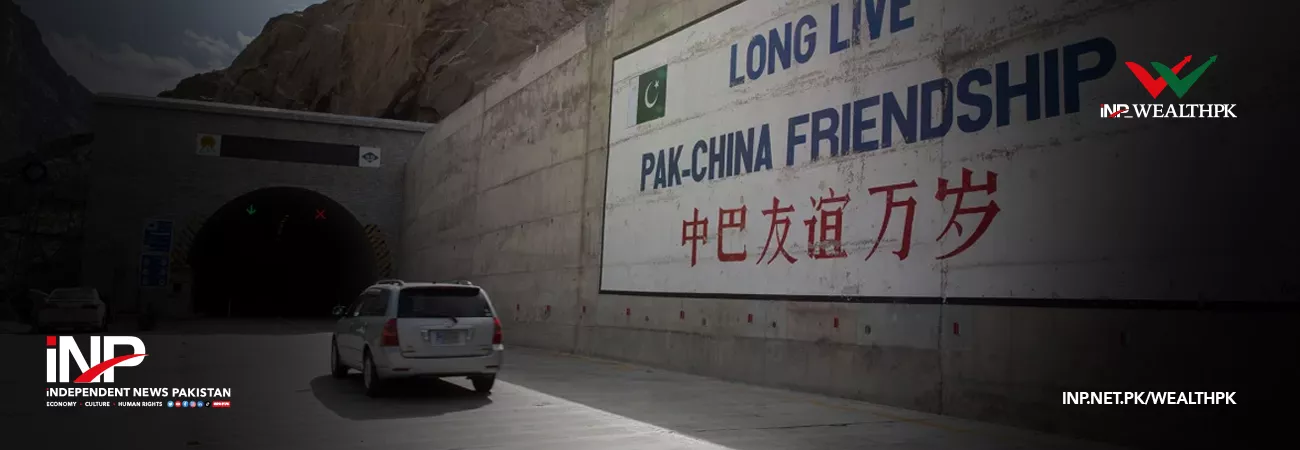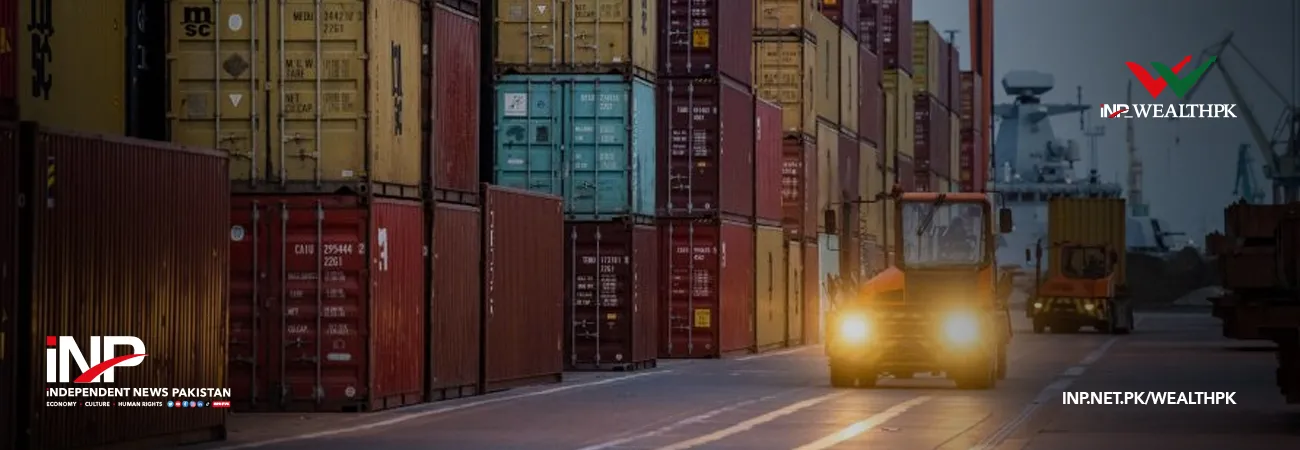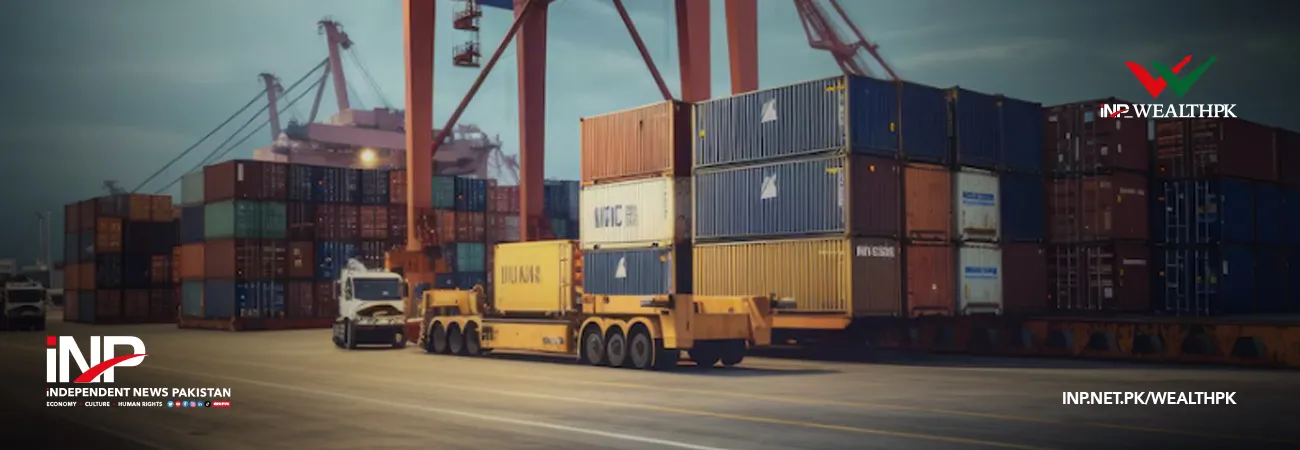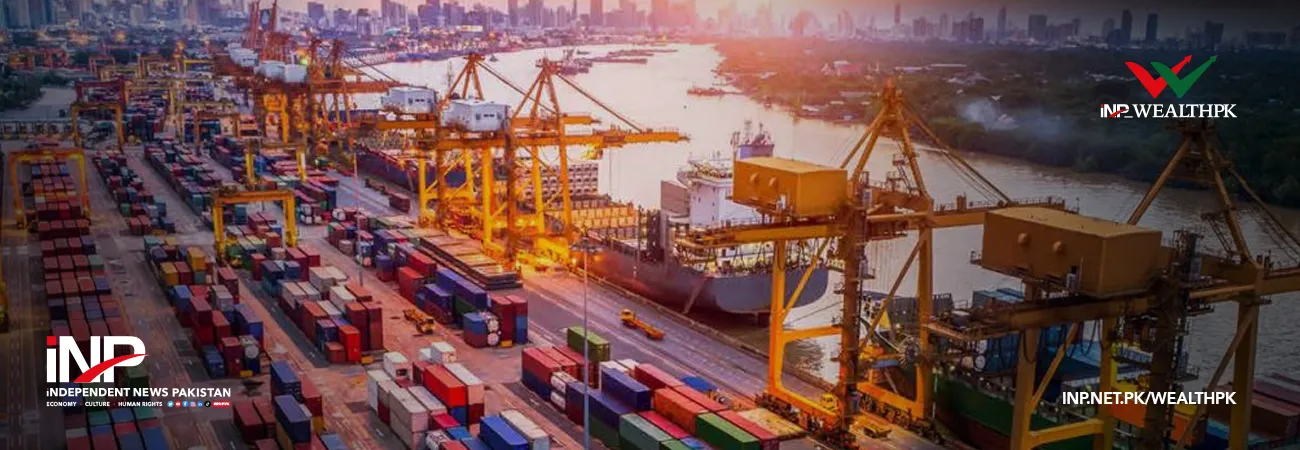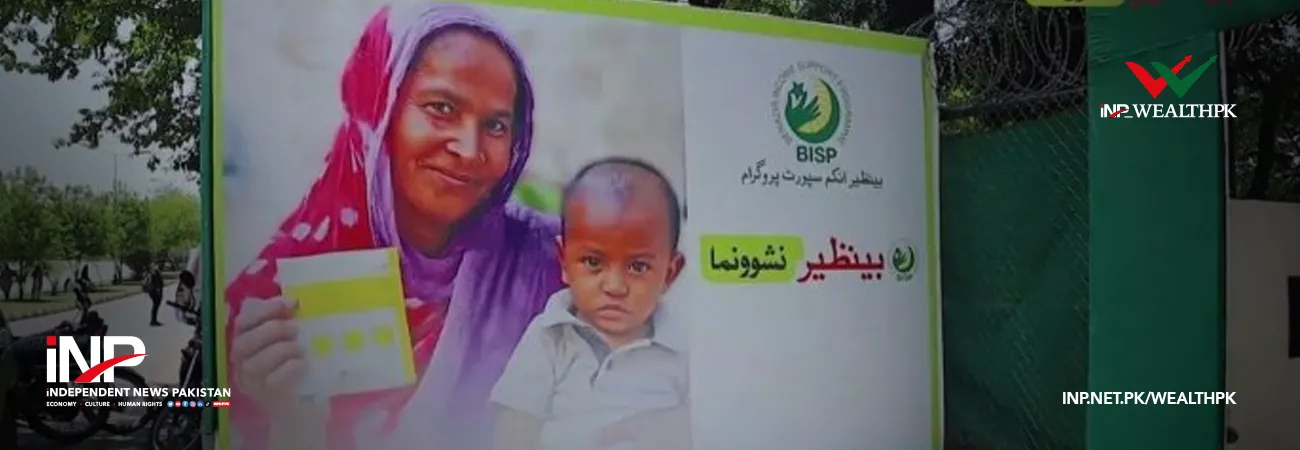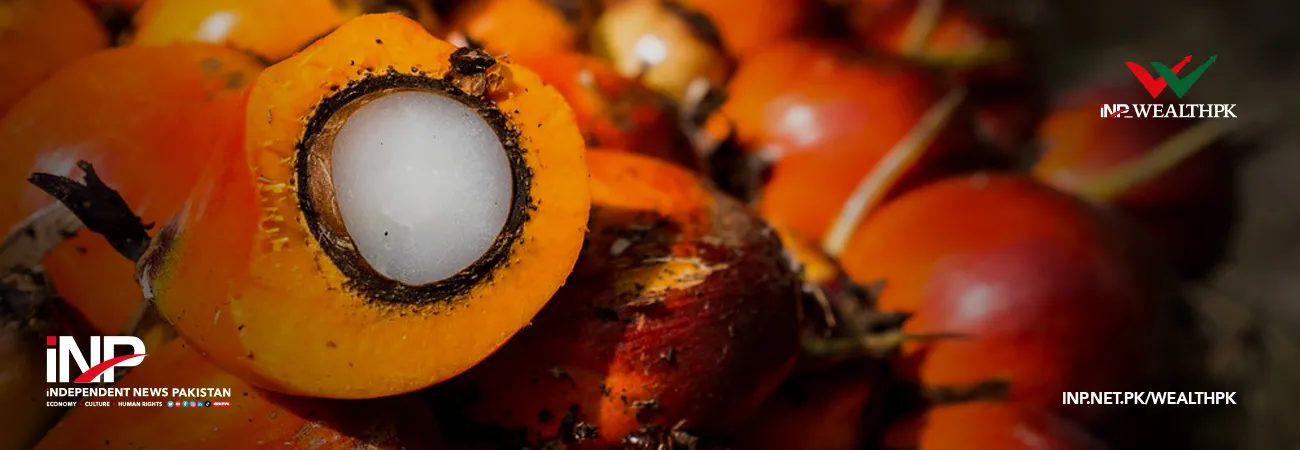INP-WealthPk
Ayesha Saba
The second phase of the China-Pakistan Economic Corridor (CPEC) will accelerate the pace of development and progress in the country, WealthPK reports. The mega project, a part of the Belt and Road Initiative of China, has strengthened economic ties between the two neighbouring countries. The game-changer project is of great importance to both countries. “CPEC has long-term, medium-term and short-term plans,” Planning Secretary Syed Zafar Ali Shah told WealthPK. He said that Pakistan benefitted a lot from CPEC since its first phase was launched.
“Substantive progress on all aspects of CPEC has been made, reflecting the sincere efforts, dedication and commitment to the project by both countries,” he said. He added that the second phase of CPEC would further accelerate the pace of progress and development in Pakistan besides cementing economic ties between the two friendly countries.
Zafar Ali said that more than 10,000 of electricity was generated by the powerhouses set up in the country under CPEC. “Apart from this, there are hydel projects and many infrastructure schemes in Gwadar and Balochistan. Some of these projects are being executed and some are in the final stages,” he added.
He said that three more power projects having 1,200 megawatts capacity would be completed soon. In an effort to offset the effects of global warming, China and Pakistan are increasingly focusing on developing greener energy sources under CPEC. “CPEC has some institutional process, which is called Joint Cooperation Committee (JCC). We are glad that we have revived it after one-and-a-half years. Both sides have agreed to take forward the multi-billion-dollar flagship projects swiftly. A key objective of the JCC meeting was to explore new avenues of cooperation besides expanding and deepening the existing ones,” said the planning secretary.
He said presently, Pakistan was in a dire need of rapid industrialisation. He said that special economic zones under CPEC could promote industrialisation in Pakistan because the country had a deep market and cheap and young labour. “Pakistan has the leverage of natural endowments and low-cost human resources to attract Chinese industries. The relocation of light manufacturing units from China can promote industrialisation and structural transformation in Pakistan,” he said.
Zafar Ali said that significant progress was being made on Rashakai and Allama Iqbal special economic zones. It is important to make special economic zones competitive so that there are ample reasons for investors to prefer investing there. Business-to-business cooperation is a priority for Pakistan.
An investor forum is developed under the Board of Investment to facilitate joint ventures. The inclusion of Pakistani exporters in the global supply chain is also another goal of this project. “Expectations from the second phase of the CPEC are high. The Chinese government has pledged to invest billions of dollars to boost economic growth and create jobs in Pakistan,” he told WealthPK.
Credit : Independent News Pakistan-WealthPk



